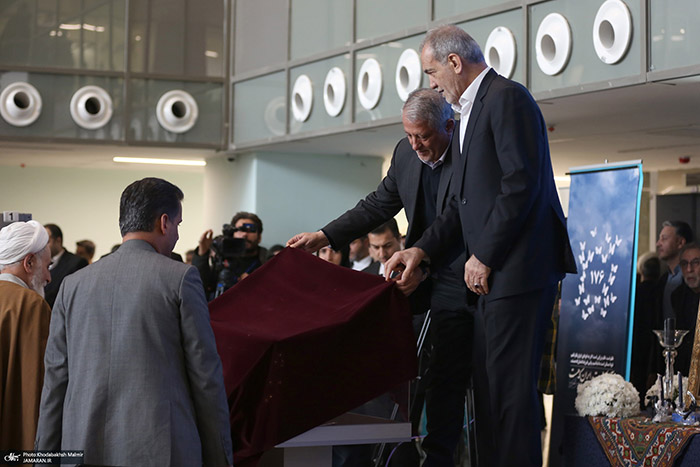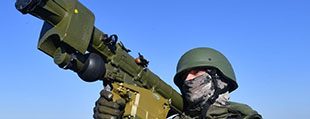Controversial Death and Speculation
Rafsanjani’s death in January 2017 shocked the nation. Official accounts attributed his passing to cardiac arrest, but his family and supporters questioned the circumstances. Speculation of foul play intensified after it was revealed that his body showed unusually high levels of radioactivity. While no definitive evidence emerged to support claims of assassination, the controversy highlighted the ongoing factional tensions within Iran’s political establishment.
Rafsanjani’s funeral drew massive crowds, reflecting his enduring popularity among segments of Iranian society. For many, he symbolized a bridge between Iran’s revolutionary past and its aspirations for reform and modernization.
A Pragmatic Conservative
Rafsanjani’s political ideology defied simple categorization. Often described as a pragmatic conservative, he sought to balance the ideals of the Islamic Revolution with the practical demands of governance. Domestically, he favored economic liberalization and technological advancement, while maintaining the Islamic Republic’s ideological foundations. Internationally, he advocated for diplomacy and conflict avoidance, recognizing the strategic importance of engaging with the West.
His nuanced positions earned him both allies and adversaries. Supporters praised his vision and adaptability, while critics accused him of opportunism and inconsistency. The Economist aptly referred to him as a “veteran kingmaker,” a title that encapsulated his ability to navigate Iran’s complex political landscape.
Legacy
Rafsanjani’s legacy is both celebrated and contested. His contributions to Iran’s post-war reconstruction and economic modernization are undeniable. Under his leadership, Iran took significant strides in rebuilding infrastructure, expanding education, and fostering technological innovation. His emphasis on diplomacy and moderation continues to influence Iranian politics, particularly among reformist and centrist factions.
However, Rafsanjani’s tenure was also marked by controversy. Allegations of corruption, nepotism, and authoritarian tendencies tarnished his reputation, as did his role in suppressing dissent during periods of political unrest. For critics, these issues reflect the contradictions inherent in his leadership—a blend of progressivism and pragmatism tempered by the demands of maintaining power.

